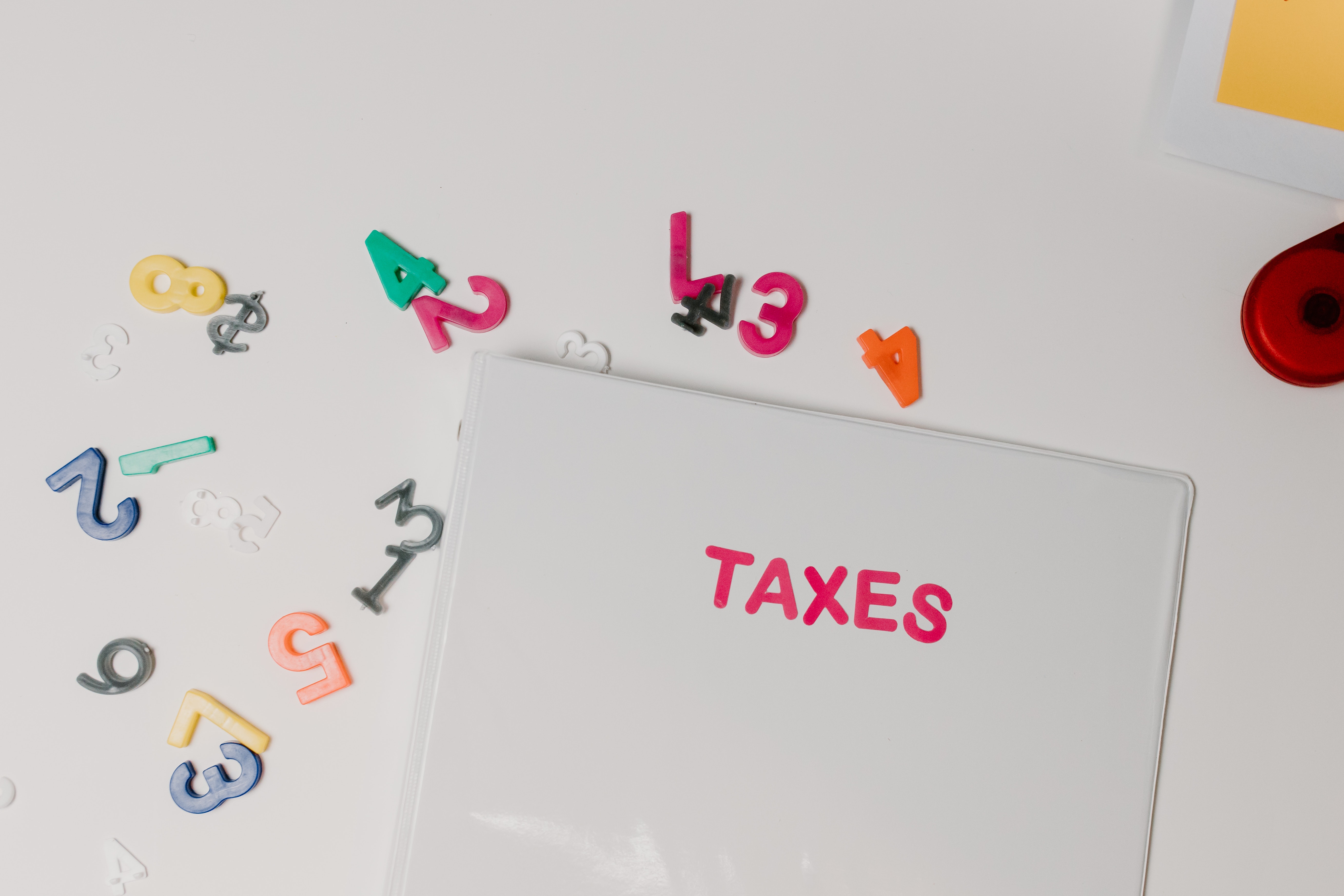As we are getting closer to the self-assessment deadline, it’s important that we prepare ourselves to ensure we are ready for it. So here is all the information you need to know about filing your first self-assessment.
Who needs to fill out a self assessment?
You need to fill out an assessment if you’re self-employed or a sole trader and have earned over £1,000 in the last tax year (from 6th April 2020 – 5th April 2021). You must also fill out an assessment if you’re a partner in a business partnership.
Read our guide on who needs to fill out a self assessment.
You may also have to send a self-assessment for untaxed income that comes from:
- Savings, investments and dividends.
- Tips and commission.
- Rental income.
- Foreign income.
If you’re not sure if you need to file a tax return, the GOV.UK website offers valuable advice and a helpful tool that will tell you if you need to.
Alternatively, you can get in touch with us, and we can help to point you in the right direction.
When is the self assessment deadline?
The deadline for online tax returns is midnight on the 31st January 2022. The deadline for paper tax returns is on 31st October. Please note that the 31st of January is also the deadline for your first tax payment.
What do you need to do to prepare for your self assessment?
When filing your tax return, there is a lot of information to send to HMRC. However, it’s important to remember that HMRC is there to help and guide you if anything is missing from your tax return, so don’t stress. You also have 12 months to flag any errors or mistakes you could have made; these are recorded as amendments.
Before you get started, make sure you have access to:
Your tax details:
- Unique Taxpayer Reference – This is a ten-digit code that you would have received when you first registered for self-assessment.
- Government Gateway ID – If you don’t already have this, it can take up to 10 working days for it to arrive, so keep this in mind as you’re preparing to file.
- Activation Code – This code is sent in the post after setting up your HMRC tax account.
- National Insurance Number – You should have a NI card with this number, or it should be on any payslip you’ve ever recieved.
Your incomings and outgoings:
- Invoices – If you have an invoice but didn’t receive the payment until the next tax year, you will still need to include it in this year’s return.
- Income from other jobs – All this information can be found on your P60. In addition, if you have received any benefits on top of your salary, this includes expenses that have been paid back to you, then you will need your P11D form too.
- Salary
- Dividends – Limited company directors need to include if they declared dividends in the tax year.
- Bank Interest
- Rental Income
- Income from Trusts
- Expenses – It’s a good idea to find out what expenses you can claim as there is more you can claim on than you may think.
- Pensions and Benefits
- Student Loan Repayments
- Donations to charities under gift aid
There’s a lot to remember from providing all the right information to remembering each deadline. However, you don’t need to do it alone, if you’re unsure or confused, speak to an accountant.
Get in touch with us and ask any questions you may have about your self assessment.

